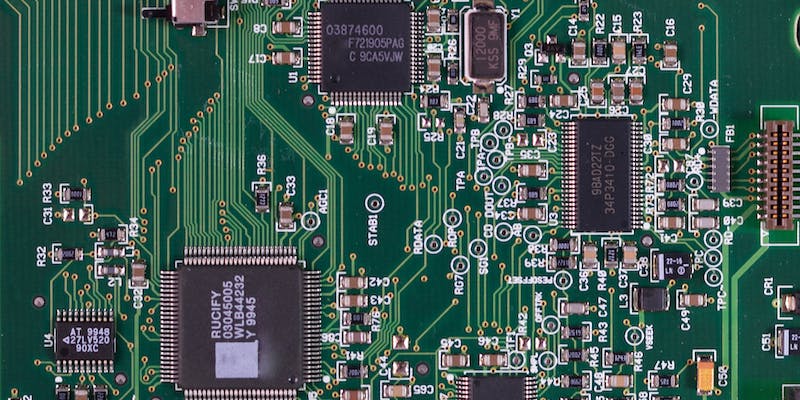Gigabyte, a prominent motherboard maker, has recently announced that AMD’s highly anticipated next-generation APUs for the desktop will be released later in January. This news comes alongside a press release from Gigabyte revealing details about the beta BIOS release for AM5, further building excitement for AMD’s upcoming offerings in the desktop market.
Launch Date for the AM5 Next-Gen APU
According to Gigabyte, the forthcoming AM5 next-gen APU is scheduled for launch at the end of January 2024. This launch date aligns with previous rumors and speculations surrounding the release timeline, adding credibility to the information provided by Gigabyte.
Ryzen 8000G Models
The upcoming processors are expected to bear the Ryzen 8000G name, as indicated by previous chatter in the tech world. These APUs are specifically designed to provide an all-in-one desktop solution, catering primarily to more casual gamers who seek a balance between performance and affordability.
Specifications of Top-End Ryzen 8000G Model
If reports from HKEPC are to be believed, the top-end Ryzen 8000G model is set to impress with its specifications. Featuring eight cores (16 threads) and integrated RDNA 3 graphics with 12 compute units, this APU promises to deliver acceptable 1080p performance for casual gamers. While it may not meet the demands of serious gaming, it is expected to provide an enjoyable gaming experience for those who prefer more relaxed gameplay.
Zen 4 Architecture and Hybrid Design
The Ryzen 8000G chips will be based on the Zen 4 architecture, showcasing AMD’s continuous efforts to push the boundaries of performance and efficiency. In addition to the Zen 4 cores, these APUs will also incorporate more compact Zen 4c cores in a hybrid design. This innovative combination is expected to enhance both performance and power efficiency, allowing users to make the most out of their desktop experience.
Differentiating Ryzen 8000G APUs from Ryzen 7000 Processors
While the term “Ryzen 8000” has been previously associated with Zen 5 processors, it is important to note that the “G” suffix indicates a different focus for these APUs. Instead of catering to the needs of high-performance gaming, Ryzen 8000G APUs are specifically tailored to offer an all-in-one desktop solution. They are designed to meet the needs of more casual gamers and users who prioritize a balance of performance and affordability.
Future Release of Zen 5-based Ryzen 7000 Processors
Looking ahead, the successor to the current-generation Ryzen 7000 processors, based on the Zen 5 architecture, is set to arrive later next year. These processors will likely bear the name Ryzen 9000 models to differentiate them from the Ryzen 8000G APUs. This future release underscores AMD’s commitment to continuously advancing their desktop offerings and providing users with the latest technologies and improvements.
With AMD’s next-generation APUs for the desktop set to release in January, anticipation among tech enthusiasts and gamers alike is reaching new heights. The Ryzen 8000G models are poised to offer a compelling balance of performance and affordability for casual gamers, delivering satisfactory 1080p performance. Looking further down the line, the release of Ryzen 9000 models, based on Zen 5 architecture, will further solidify AMD’s position in the desktop market. It is an exciting time for AMD and its loyal fanbase as they continue to push boundaries and deliver innovative solutions to meet the needs of desktop users.

